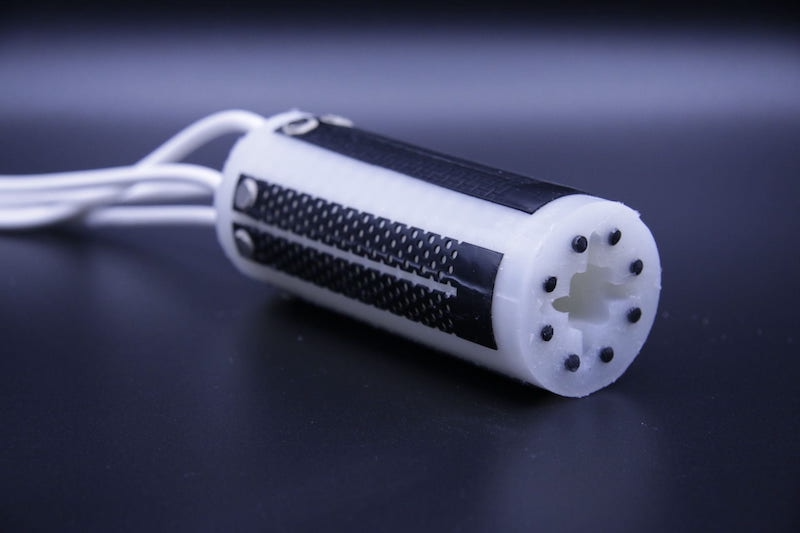Soft Robot Perception and Control
About
Developing autonomous soft, bioinspired robots remains a long-standing goal. The compliant, deformable nature of soft continuum robots severely complicates their dynamic control via model-based approaches. Moreover, providing soft robots with appropriate proprioceptive and tactile sensing capabilities has remained a challenge due to the difficulties of creating soft robots with integrated soft material sensors. Thus, the challenge of soft robotic control is both a materials and robotics one. We have developed new materials and algorithms for sensorizing soft robotic actuators and controlling these actuators in soft manipulation.
In conjunction with our efforts in materials design and development of new manufacturing methods, we are actively working on new soft robotic sensorization strategies and machine learning-based approaches to develop truly autonomous soft robots.

People
Ryan Truby
EunBi Oh
Alexander Kane
Alex Evenchik
Pranav Kaarthik
Simona Fine
Anjali Shah
Francesco Sanchez
Related Publications
Data-Driven Disturbance Observers for Estimating External Forces on Soft Robots, IEEE Robotics and Automation Letters, no. 5, pp. 5717-5724, May/ 2020 Google Scholar
Distributed Proprioception of 3D Configuration in Soft, Sensorized Robots via Deep Learning, 2020 IEEE International Conference on Intelligent Robots and Systems (IROS), Virtual Conference, October/ 2020 Google Scholar
Soft Robotic Fingers with Embedded Ionogel Sensors and Discrete Actuation Modes for Somatosensitive Manipulation, IEEE International Conference on Soft Robotics (RoboSoft), Seoul, Korea, April/ 2019 Google Scholar
Back to top